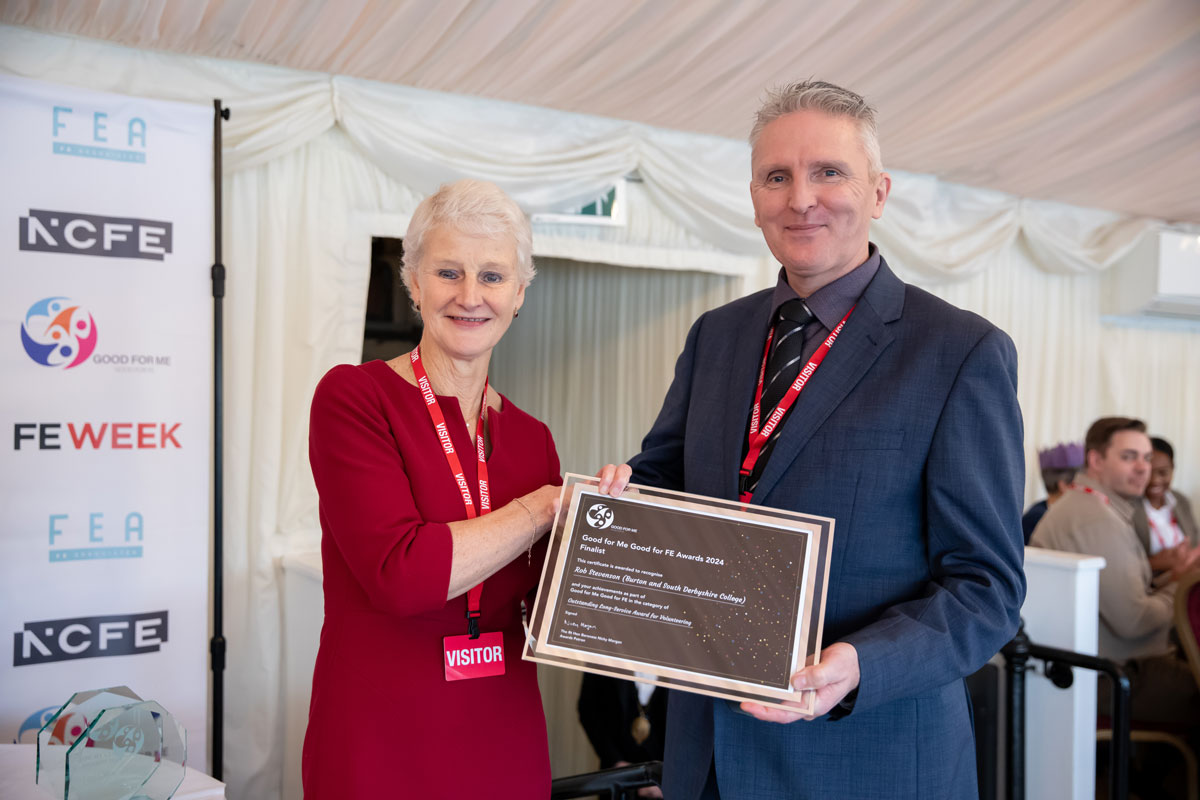Unions write to education secretary to demand answers on RAAC in schools

Education and public sector unions have today written to education secretary Gillian Keegan to ask for urgent answers on the RAAC (reinforced autoclaved aerated concrete) emergency.
The general secretaries of school leaders’ union NAHT, the Association of School and College Leaders, the National Education Union, NASUWT, GMB and Unison, have penned a letter to Ms Keegan raising a series of pressing questions.
Their letter comes after the new term was disrupted for some children and schools following the government’s instruction last week that school buildings with the crumbly concrete RAAC present should not be used without mitigations in place.
In it, they stress that school leaders and their teams are not experts and seek advice on what action they should take, their responsibilities and progress on site surveys, as well as clarity over funding and support for schools, and Ofsted inspections.
4 September 2023
Dear Gillian
Re: RAAC in schools, immediate issues.
We write with some immediate concerns arising from the current RAAC emergency in schools. We would appreciate an urgent answer to the questions below so that our members are properly informed.
Safety
Foremost in our minds is the safety of the school community. It cannot be right that school leaders and their teams are charged with making decisions about the immediate risk of harm if they discover or are concerned that RAAC is present on their site. They do not have the relevant expertise to make such assessments. Members of our unions, particularly in leadership positions, may be faced with calls from staff or the public to evacuate the site or parts of that site if there is any uncertainty whatsoever.
- What do you advise is the correct response for a school leader who is uncertain about whether or not their building is safe?
- Who in your view carries the responsibility for the decision to evacuate a site or remove it from use?
- If you consider the immediate responsibility lies with the headteacher, can you confirm that the immediate course of action should be to cease use of the site or affected parts until the DfE can provide emergency expert assessment?
Information gathering
- Will the DfE be phoning the 1,500 or so schools which haven’t yet completed the RAAC survey as a matter of urgency, and supporting them to do so?
- What will the DfE be doing to support schools which have completed the questionnaire but, with the raised level of risk, are not confident that they have the expertise to have made an accurate assessment about the presence or absence of RAAC?
- On RAAC, in May, the DfE told the National Audit Office that 572 schools suspected they had RAAC and that the Department would investigate these sites by December. Please could you tell us how many of those schools have been investigated since then?
- You also told the NAO that there were 8,600 schools which might have RAAC that had not been investigated. Please could you update us and tell us what that figure is today?
Funding
- Will the DfE only fund additional costs related to making buildings safe to use / providing temp classrooms in the short term, rather than longer term rebuilding costs?
- Are required reparation works to buildings still reliant on the existing capital roll out? If so, given the current pace, schools could have ceiling props and mobile classrooms for years to come.
- The Secretary of State stated on Monday morning that the Department would fund revenue costs where needed. What will be the process for schools to express that need? Will this be a Covid-style emergency fund, requiring a school to be in a precarious financial position already before support is made available? Will it be repayable?
- Why has a decision been made not to cover revenue costs in general given that these are unbudgeted costs that schools are not able to afford?
- Where schools are engaging structural engineers directly, will these costs be covered by DfE?
Accountability
- Will Ofsted continue to inspect schools over the coming weeks and months which have had to close, partially close or are dealing with significant disruption as a result of RAAC?
Longer-term
- Can you confirm reports that there is no new money for the mitigation costs and that this will fall on the DfE’s existing capital programme? Will cuts be made elsewhere to the capital programme and what will these be?
- Will the DfE be making the strongest possible case to the Treasury, ahead of the autumn statement, for additional funding to rebuild the 300-400 schools a year estimated as necessary by civil servants?
Our members are also concerned that yet again, as was the case with the management of Covid, that it appears they are being left to manage a situation on the ground with poor support from the DfE. In such circumstances it would be helpful to know precisely when you, your colleagues or DfE officials took possession of the emerging advice that led to the change of policy – not the date at which decisions were made, but the date the information was available to you.
Our members are managing the anxiety of parents and carers on behalf of government. The least they are entitled to know, with confidence, is how they ended up in this situation when the government knew of the risks long ago. We wrote to you in this regard on 15.2.2023 (copy attached).
Yours sincerely, Geoff Barton, General Secretary, ASCL; Avril Chambers, National Officer, GMB; Paul Whiteman, General Secretary, NAHT; Patrick Roach, General Secretary, NASUWT; Daniel Kebede, General Secretary, NEU; Mike Short, National Secretary, UNISON











Responses